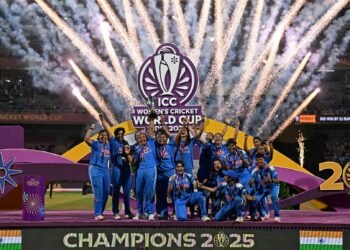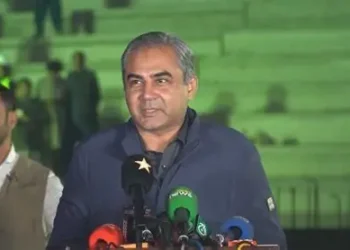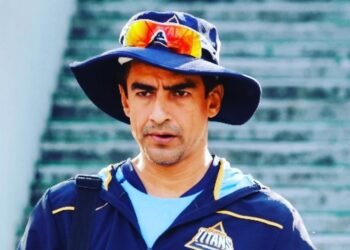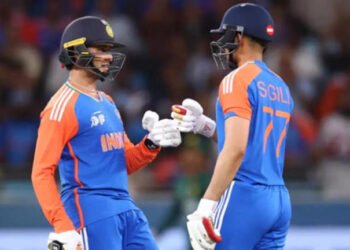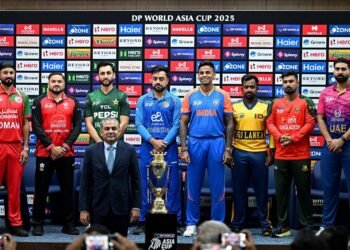Sandeep Patil hails BCCI’s 125-crore prize money to Team India; urges BCCI to provide similar help to Anshuman Gaekwad
Former India star Sandeep Patil has praised the Board of Control for Cricket in India (BCCI) for providing a prize money of Rs 125 crore to the Rohit Sharma-led Indian side following their historic title win in the T20 World Cup 2024.
Patil has also urged the board to provide similar financial help to Anshuman Gaekwad, a former player and coach who has been fighting blood cancer for the past year.
Patil recently visited the 71-year-old Gaekwad at King’s College Hospital in London, where the former India coach informed him of his urgent need for finances to continue his treatment. Patil stressed the need of supporting Gaekwad during this tough period, citing his services to Indian cricket.
Also read: ‘ENDING ON A HIGH’: Sachin shares emotional post on Virat-Rohit post World Cup win
“Anshu informed me he needs money for his treatment. Soon, Dilip Vengsarkar and I spoke with BCCI treasurer Ashish Shelar. In reality, we called Ashish Shelar after seeing Anshu at King’s College Hospital in London. “Ashish Shelar immediately said he would look into our and other former cricketers’ funding requests,” Patil wrote in a Mid-Day column.
Who is Anshuman Gaekwad?
Gaekwad’s cricket career spanned from 1975 to 1987, during which time he played 40 Tests and 15 ODIs for India. Gaekwad later became India’s head coach twice, once from 1997 to 1999 and again in 2000, and his first appointment coincided with a critical moment of transformation in Indian cricket under Sachin Tendulkar’s captaincy.
Also read: After T20 World Cup victory, Virat Kohli and Rohit Sharma announce retirement from the format
Anshuman Gaekwad was the coach when Anil Kumble achieved a record feat by capturing ten wickets in an innings against Pakistan. Under Gaekwad’s guidance, India won a 2-1 home series against Australia and tied an ODI series in New Zealand. In his brief second term, Gaekwad led India to the ICC Knockout final in 2000.
“He coached India in another era, but the current players have been inspired by the cricketers he coached during his successful stint,” Patil wrote in his column. “I’m not a statistician, but I believe Sachin Tendulkar was most successful during Anshu’s period. I’m not implying that Anshu’s blade was responsible for all of Sachin’s runs, but he was there when Sachin needed psychological support to play his natural game, which was to blast away.”



